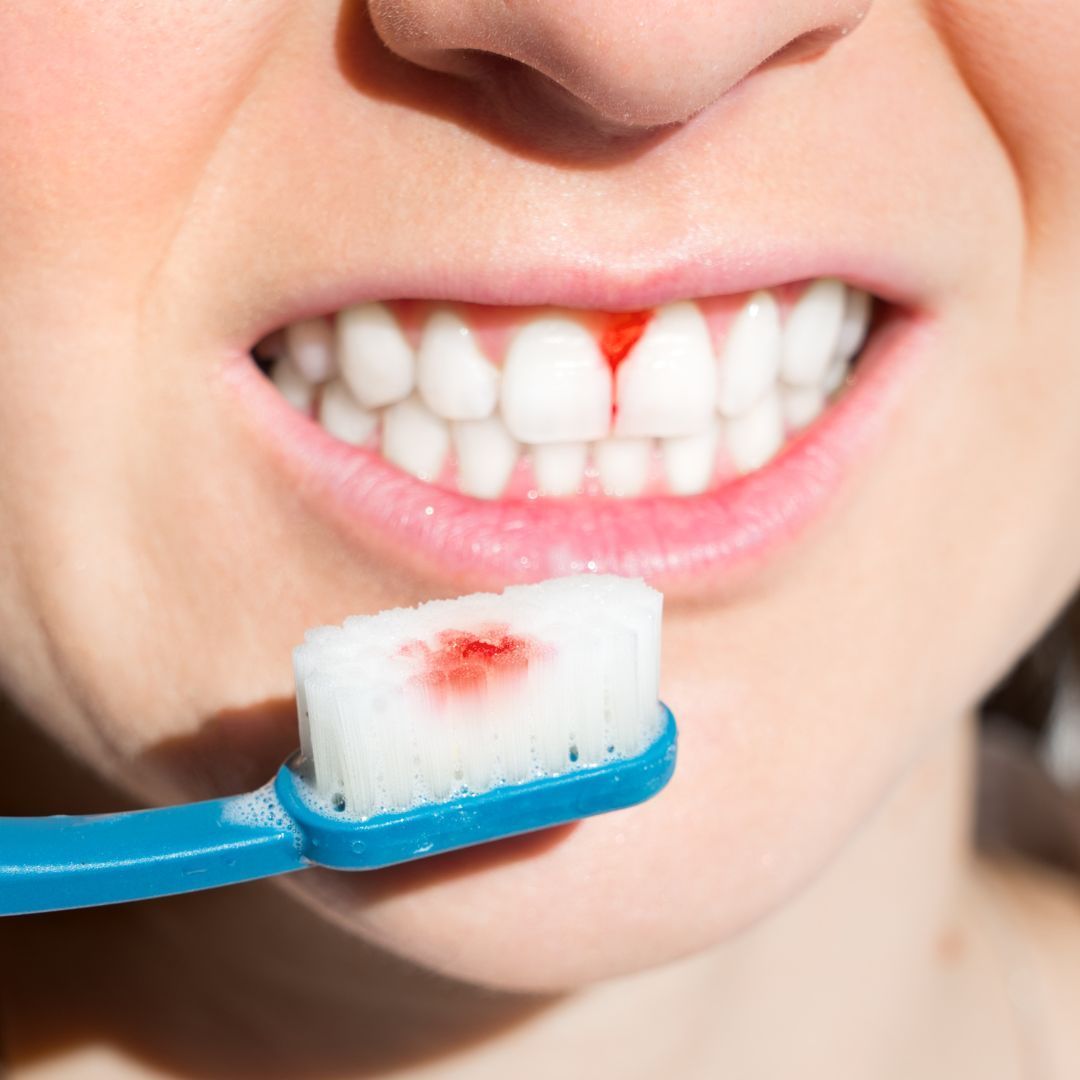How Oral Health Impacts Overall Health
When it comes to staying healthy and avoiding dangerous medical conditions, oral health should not be underestimated. Studies have shown that poor dental hygiene can lead to serious medical issues, including heart disease, stroke, and various kinds of cancer. This means that even the most basic steps towards improving your oral health can have a major impact on your overall well-being. Here’s an overview of how oral health impacts overall health.
The Link Between Oral Health and Heart Disease
Researchers have found a strong link between periodontal (gum) disease and an increased risk for developing heart disease. Those who suffer from gum disease are more likely to develop plaque in their arteries, which can cause atherosclerosis (narrowing of the arteries). This increases risk for stroke or other potentially life-threatening conditions. Poor oral hygiene is also seen as a factor in Type 2 Diabetes; studies show that those with untreated periodontal disease are more likely to suffer from higher blood sugar levels.
The Role of Bacteria in Your Mouth
Your mouth contains over 600 different species of bacteria, some of which can lead to serious consequences when left unchecked. These bacteria produce harmful toxins known as lipopolysaccharides (LPS), which can enter the bloodstream through damaged gums. Once in the blood stream, these toxins can cause inflammation throughout the body—and this inflammation is linked to various diseases like Alzheimer’s Disease, Rheumatoid Arthritis, and even certain kinds of cancers like pancreatic cancer).
Preventive Care: A Key Component of Good Oral Hygiene
Fortunately, there are several measures you can take to keep your mouth healthy and reduce your risk for developing these types of illnesses. Brushing twice daily with fluoride toothpaste and flossing at least once per day are essential habits for reducing plaque buildup and preventing gum disease. Regular checkups with a dentist or hygienist are also important components of preventive care; these professionals can provide essential services such as cleanings, fillings and fluoride treatments if needed.
Seeking professional help is especially important if you’ve noticed any changes in your mouth such as bleeding gums or persistent bad breath; both could be signs that something is wrong with your oral hygiene routine or underlying medical condition. Before you take any medications or embark on any kind of treatment plan, it’s best to consult with a qualified dental professional first who will be able to determine the causes behind any symptoms you may be experiencing and suggest alternative solutions if necessary.
Overall health depends heavily on good dental habits—so don’t neglect them! To learn more about how oral health affects overall health or book an appointment with our team at Dentistry at Consilium, please don’t hesitate to contact us today!




Leave a Reply
Want to join the discussion?Feel free to contribute!